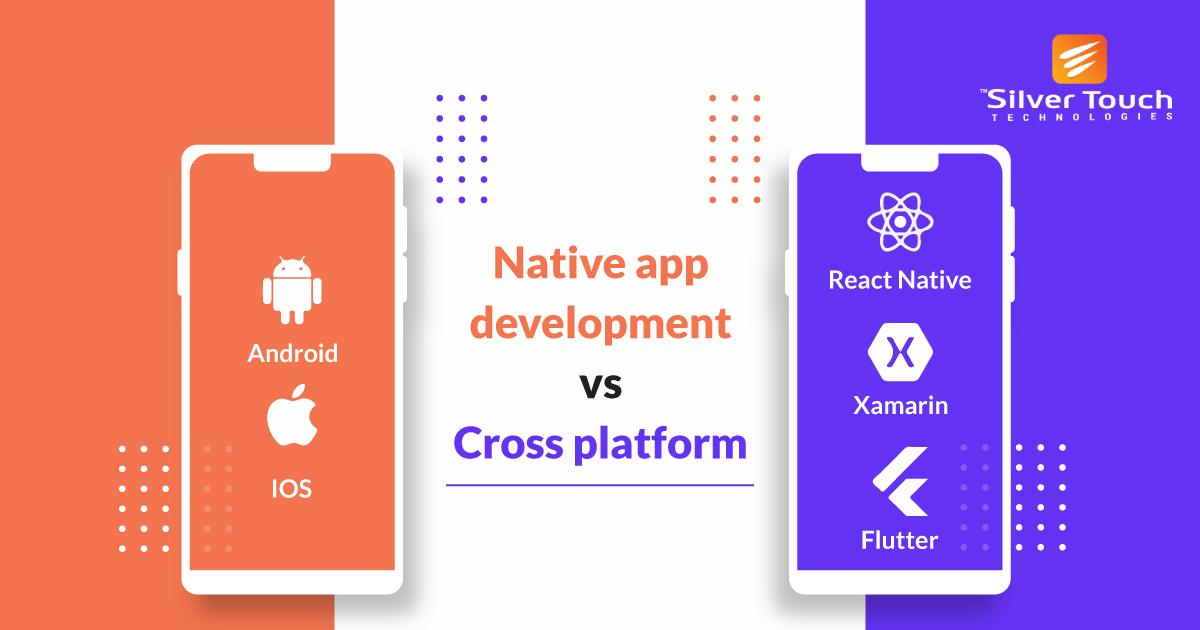
Native vs Cross-Platform Mobile App Development: A Comprehensive Comparison
Introduction
If you've ever found yourself in the whirlwind world of mobile app development, you've likely stumbled upon the age-old debate: native or cross-platform? As a seasoned developer myself, I've navigated the turbulent seas of this decision more times than I can count. Today, I'm here to distill my experiences and share some insights that might just make your next app development venture a little less daunting.
Understanding the Basics
Before we dive into the deep end, let's first understand what we're dealing with. Native app development means building an application for a specific operating system (think Android or iOS), using languages that the platform accepts (like Swift for iOS and Java for Android). Cross-platform, on the other hand, involves creating a universal app that works seamlessly across all platforms.
Time Considerations
In my experience, time is a significant factor when choosing between native and cross-platform. Native app development essentially means you're building two separate apps - one for iOS, one for Android. Naturally, this requires more time. Cross-platform tools, like React Native or Flutter, allow you to write once and run everywhere, significantly reducing development time.
Budget Implications
When it comes to budget, cross-platform development usually comes out as the cheaper option. Why? Because you're essentially getting two (or more) apps for the price of one. But remember, cheaper doesn't always mean better. If your app relies heavily on device-specific features or high performance, going native might be worth the extra investment.
Performance Showdown
Performance is where native apps really shine. They're fast, responsive, and generally offer a better user experience. That's not to say cross-platform apps can't deliver good performance, but they typically can't match the speed and optimization of a native app.
Choosing What's Right for You
So, native or cross-platform? The answer depends on your specific needs, budget, and timeline. If you're aiming for an MVP to validate a market quickly, cross-platform may be your best bet. But, if you're developing a feature-heavy app where performance is key, going native might be a better choice. Remember, there's no one-size-fits-all answer. Make an informed decision based on your specific circumstances, and you'll be on your way to launching a successful app.
Conclusion
Choosing between native and cross-platform app development is not a decision to be taken lightly. Hopefully, my insights have provided some clarity and will help guide your decision-making process. Remember, the best choice is the one that aligns with your project goals and overall vision. Here's to the success of your next app development venture!